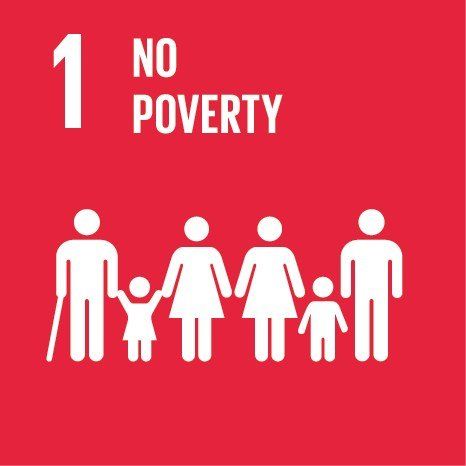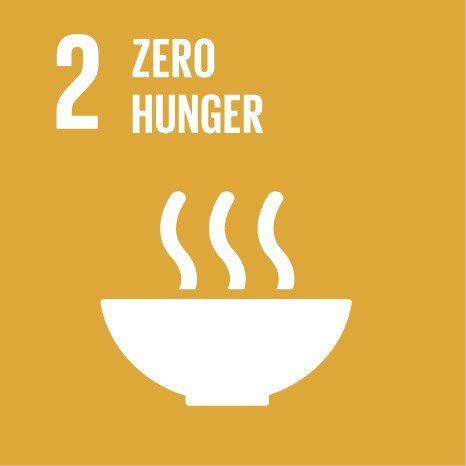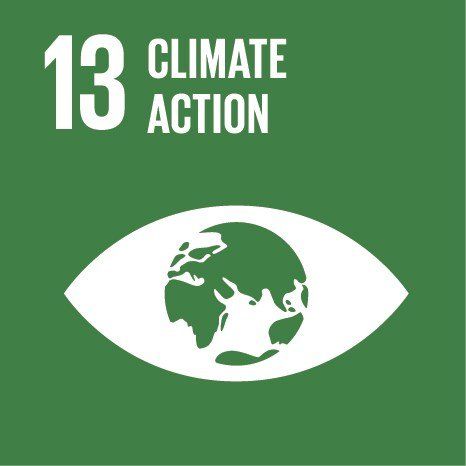Sustainable and Regenerative Agriculture
Value Chains, Climate Change, Resilient Ecosystems, & Green Economic Growth
MPA specializes in Linking Food Security and Greener Environments to Economic Empowerment
Agriculture is the most important sector in Africa. It accounts for a third of the value of the continent’s output and is the direct livelihood source of the overwhelming majority of people. Addressing climate change, land erosion, soil degradation and water management is also essential to the future well-being of people and the planet.
Economic growth in developing countries must go hand-in-hand with environmental sustainability.
Agribusiness is also an integral element of development and it encompasses all segments of the value chain, ranging from input market, production, processing and value addition, and marketing to final consumers. It can be linked to almost all the SDG targets indirectly, but it is directly linked to a select number of them.
Our agribusiness sector is guided by the overall goal of helping countries to meet the SDG targets:
- SDG 1 - As the principal source of livelihood for most households, the agricultural sector has the greatest potential for eradicating extreme poverty
- SDG 2 - The quantity and quality of crops and livestock produced from higher agricultural productivity improves access to nutritious food
- SDG 8 - The surplus generated from greater productivity can promote commercialization through marketing and value addition, and promote economic development
- SDG 12 - The contribution of agriculture to development is only sustainable if natural resources are used sustainably
One of the focuses of MPA's work is on how to optimize synergies between agro-biodiversity conservation, ensuring food security for a rapidly growing population and agriculture-based economic development for the rural poor. Emphasis is put on the transformation of small scale farming and work to develop models that integrate food security, income generation, livelihood improvement, job creation and employment.
Climate and Resource Management
Our research activities focus on assessing climate impacts on the agricultural sector in order to improve substantially the characterization of the risk of hunger and food insecurity due to climate variability and change, and to enhance adaptation capacity. We promote the development of micro-utilities building upon the successful experience of the “Shared Solar” pilot project currently being carried out in the Sahel and on renewable energy strategy using biomass.
The threats of climate change, environmental degradation and desertification are most severe in the dry land regions of Africa. For decades, governments and the international community have neglected pastoralist communities. As a result, these regions are more susceptible to conflict.
Millennium Promise projects
are actively engaged in agroforestry, farmer training and construction to promote environmental sustainability. Since the project began, more than 2.5 million tree seedlings have been planted to help provide fuel wood and other benefits. Farmers now practice composting, proper fertilizer application and interplanting to better manage their soil fertility and improve harvests. In some sites, gabions and vegetative barriers have been built to stem erosion and restore degraded lands.
Green Economic Growth
A green economy aims at reducing environmental risks, land degradation, and ecological scarcities for sustainable development without adversely affecting the environment. Millennium Promise Alliance is committed to our agricultural innovations and approaches contributing to green growth, low carbon, resource efficiency and socially inclusive environments. MPA has successfully assisted various levels of governments and institutions reduce carbon emissions, pollution, and prevent loss of biodiversity as well as ecosystem services. Our work in this sector has created best practices for thousands of farmers in Ghana, Guinea, Senegal, Uganda, and more.
As the globalized world becomes ever more connected and new markets emerge to meet the demands of growing economies, developing business and entrepreneurship is the next evolutionary step in sustaining the gains within MPA managed and/or supported national, district, and local development projects. Diversifying to cash crops to support the transition from subsistence farming to commercial agriculture is also a key part of this process. Market studies determine the appropriate crops, taking into consideration factors such as climate and soils, profitability, and market demand at the local, national and regional scale. Once a few key cash crops are selected, farmers are trained in the best agronomic practices for each crop. Access to loans and savings is essential for farmers to make the needed investments in farm diversification and cash crops—such as irrigation and agro-processing equipment— as well as to save the income they generate. Linking farmers and farmer cooperatives to such institutions is a key intervention in the transition to commercial farming.
Several projects have already initiated these activities by introducing or rehabilitating high-value crops such as vegetables, fruits and spices as well as other farm products including dairy cows and goats, poultry, fish, and bee products. For example, 1,500 households produce tomatoes for the local market in Mwandama, Malawi, and banana farmers in Ruhiira, Uganda, were organized into producer groups and received almost twice the price for their bananas versus when they sold as individuals.






